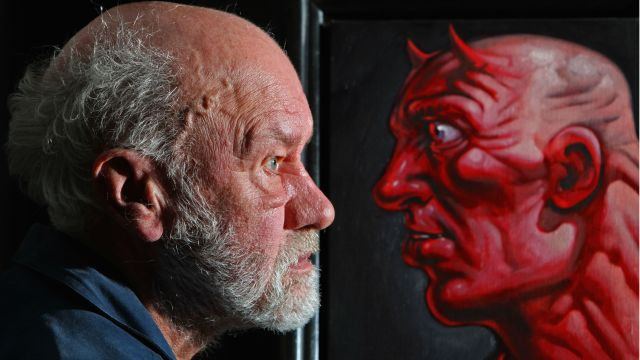In search of time’s origin
Rearrange the following words to tell a coherent life story: A man dies, later he gets married, and finally he is born. Thanks to our built-in temporal sense, it’s pretty straightforward: Tomb always follows womb, it’s never the other way around.
Yet at a fundamental level, time’s origin remains a mystery. “It’s one of the deepest questions at the forefront of science, but when we ask, ‘What is time? Where does it come from?’ it’s not even clear the words make any sense,” says Nima Arkani Hamed, a physicist at the Institute of Advanced Studies (IAS) in Princeton, N.J. “We can barely articulate what a world without time, or physics without time, means.”
Confusing as the absence of time would be, there is mounting evidence that at the most basic level of reality, time is an illusion. Stranger still, laboratory tests with laser lights and advances in our understanding of string theory—the proposed framework positing that particles are composed of small threads of energy—independently point to the idea that time doesn’t really exist.
The post In Search of Time’s Origin appeared first on ORBITER.





